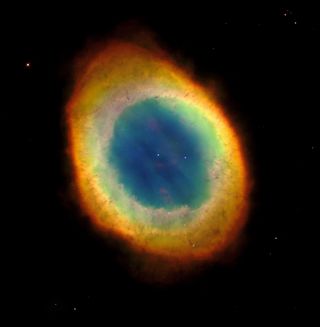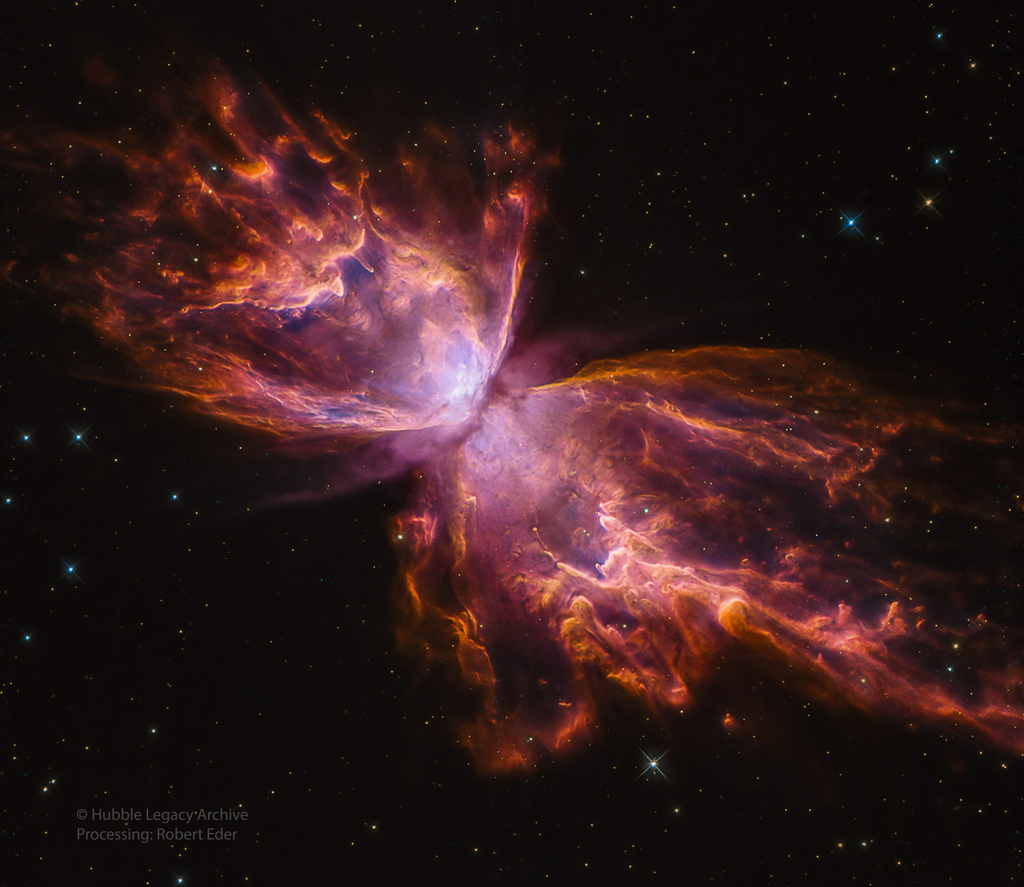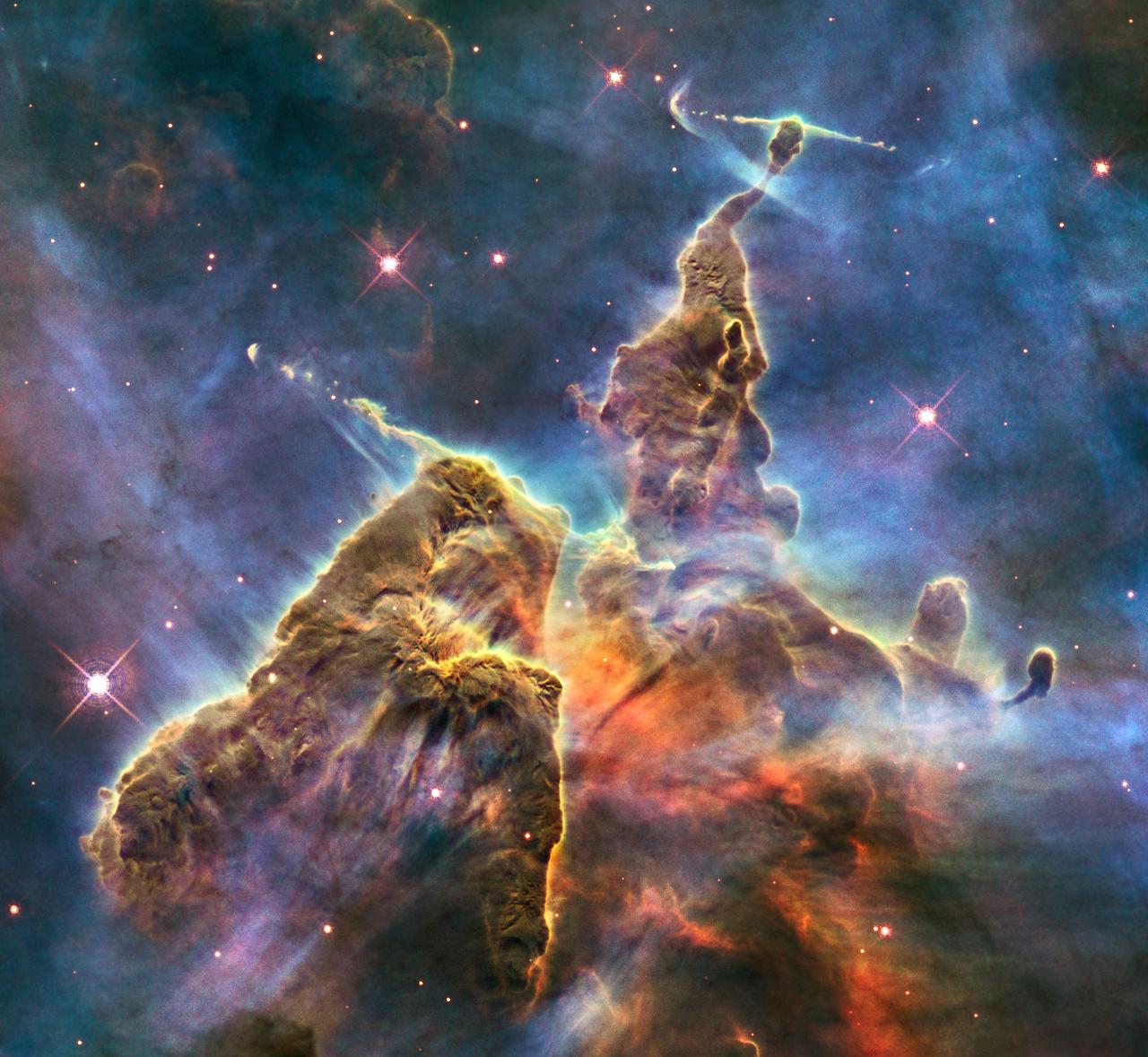In Astronomy the Word Nebula Is Used to Describe
However those are just objects in space. The word nebula comes from the Latin word for mist or cloud - which is exactly how they appear in the sky.
Their son John was born in 1792 and would eventually acquire his fathers interest in astronomy.

. His high quality instruments allowed him to examine nebulae with much more detail than Messier. So many nebulae look like clouds against the dark starry sky. However nebulae are interstellar clouds of dust hydrogen helium and ionized gases.
A nebula is cloud of dust and gas in space. The term nebula comes from the Latin for fog or cloud. Hope this word list had the adjective used with nebula you were looking for.
The etymological root of nebula means cloud. Nebulae represent the raw material the stars are made of. Historically the word nebulosity or nebula was used to describe all Deep Sky object.
The brightest nebulae were first seen in ancient times but no one knew what they actually were. Nebula is the Latin word for cloud. In the pre-telescope era the word Nebula was used by observers to describe any fuzzy patch present in the night sky that wasnt sharp like a planet or star.
Nebulae nebulæ or nebulas is a distinct body of interstellar clouds which can consist of cosmic dust hydrogen helium molecular clouds. Charles Messier the 18th century French comet hunter and creator of the Messier catalog rejected but fortunately catalogued these Nebulae as comet imposters given that his primary. A nebula is a cloud of dust or gas that exists in space and theyre the basis of the beautiful space photography thats filled with colors and textures.
A term used to describe a point directly underneath an object or body. October 3 2019. These all describe objects in the universe.
The word nebula comes from the Latin word meaning cloud. Galaxies can contain stars. Originally the word nebula was used to describe anything that existed beyond our own galaxy.
A nebula Latin for cloud or fog. This might be an odd one to include but astronomers sometimes use the word nebula to describe galaxies. This reference page can help answer the question what are some adjectives commonly used for describing NEBULA.
In 1788 Herschel married the widow Mary Pitt. A nebula the Latin word for cloud is a cloud of gas and dust in space and many can be found in our galaxy as well as in galaxies across the universe. It was originally used to describe anything in the night sky that had a cloudy or diffuse appearance and that wasnt a comet.
ἀστρονομία literally meaning the science that studies the laws of the stars is a natural science that studies celestial objects and phenomenaIt uses mathematics physics and chemistry in order to explain their origin and evolutionObjects of interest include planets moons stars nebulae galaxies and comets. Below is a massive list of astronomy words - that is words related to astronomy. What we call nebulae today are generally clouds of gas.
Thats because the telescope had yet to be invented and without that tool observers could only see them as tiny misty patches in the sky. Currently the word nebula is now only used to describe gas and dust clouds. Neutrino A fundamental particle produced by the nuclear reactions in stars.
If we want to understand them better we have to know something about their motions. As it was unknown that galaxies beyond the Milky Way existed it was assumed that all the hazy objects seen through early telescopes must be similar. Early in the 20th Century however it was discovered that some of these nebulae were actually island universes galaxies or globular clusters.
The word nebula comes from the Latin nebula which means mist vapor fog and it can be traced back even further to a Proto-Indo-European root. The word nebula is a general term used to describe the different types of gas and dust clouds that exist in interstellar space. We sometimes use the word nebula to refer to galaxies various types of.
ἁψίδος which is the Greek name for. Originally a nebula was a word used to describe any misty thing in the night sky that couldnt be resolved into a more easily defined object such as a star planet or comet. Nebula A cloud of dust and gas in space usually illuminated by one or more stars.
Also called Greenwich Mean Time expressed in the 24-hour system. Astronomers use Universal Time to describe when celestial events happen in a way that is independent of an observers time zone. Possibly as ionized gasesOriginally the term was used to describe any diffused astronomical object including galaxies beyond the Milky WayThe Andromeda Galaxy for instance was once referred to as.
There are 510 astronomy-related words in total with the top 5 most semantically related being astrophysics physics astrology observatory and scienceYou can get the definitions of a word in the list below by tapping the question-mark icon next to it. At the time the word nebula was used to describe fuzzy luminous patches in the sky. Because nebulas are involved in the birth and death of stars these regions of space are important to astronomers seeking to understand how stars form and expire.
The formal word for apogee is. The language of astronomy has many interesting terms such as light-year planet galaxy nebula black hole supernova planetary nebula and others. Arc In astronomy Apogee is used to describe the farthest.
Read more about ways to measure time here. This meant that star clusters and galaxies later found to be made of smaller objects were included. Historically the term nebula was used to describe any object that appeared cloudlike outside of the Milky Way including other galaxies but a true nebula is a cloud of dust and gas.
For example 2300 UT is 700 pm. As is usual in astronomy the old terminology survives in modern usage in sometimes confusing ways. There are different categories of nebulae.
Look it up now. Eastern Daylight Time or 600 pm. Originally the word nebula referred to almost any extended astronomical object other than planets and comets.
However in the early days of astronomy the word nebula was used to describe any planetary body beyond Earth. Each word below can often be found in front of the noun nebula in the same sentence. If youve ever looked up and observed a nebula youll understand why.
In other words we can say that nebulae are concentrations of gas in which we can find hydrogen helium and stellar dust.



Comments
Post a Comment